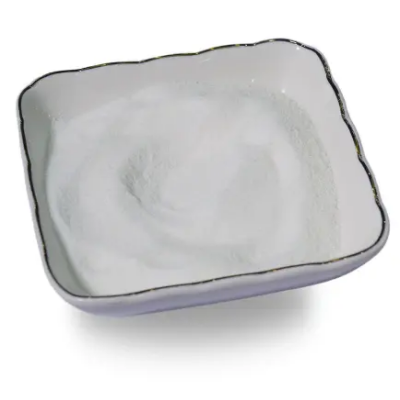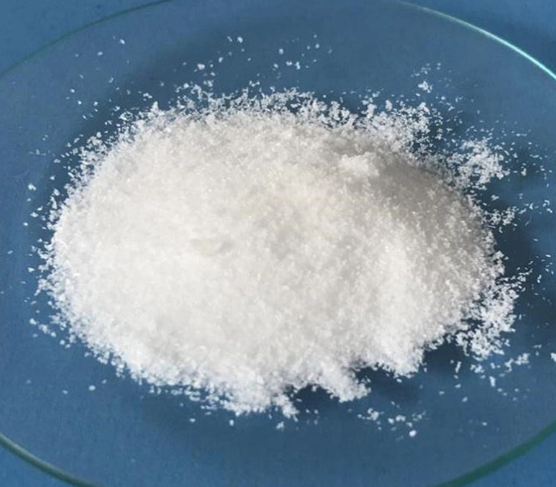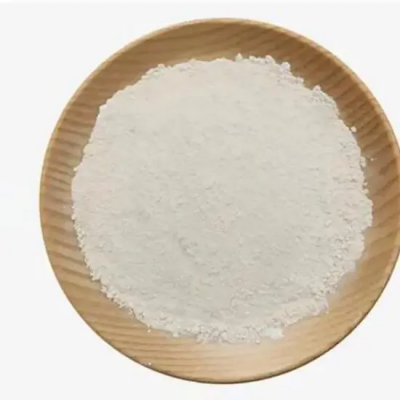Fluorocytosine CAS:2022-85-7
Fluorocytosine, a fluorinated pyrimidine analog of cytosine, is an important antifungal medication utilized in the treatment of various systemic fungal infections. Its mechanism of action involves the conversion to 5-fluorouracil (5-FU) within fungal cells. Once activated, 5-FU inhibits two critical enzymes involved in nucleic acid synthesis: thymidylate synthase and RNA polymerase. This interference disrupts both DNA replication and RNA transcription, ultimately leading to fungal cell death. Fluorocytosine is particularly effective against certain fungi, including Candida species and Cryptococcus neoformans. The latter is a significant cause of opportunistic infections, particularly in immunocompromised individuals, such as those living with HIV/AIDS. In these cases, fluorocytosine is often employed as part of combination therapy with amphotericin B to enhance treatment efficacy and minimize the risk of developing drug resistance. The synergistic effect of this combination can lead to improved patient outcomes, making fluorocytosine an essential component in the management of severe fungal infections. Despite its effectiveness, the use of fluorocytosine is not without challenges. One major concern is its potential for inducing toxicity, particularly myelosuppression, which can result in leukopenia and thrombocytopenia. Regular monitoring of blood counts is essential during treatment to mitigate these risks. Additionally, the emergence of resistant fungal strains poses a significant challenge in clinical practice, necessitating careful consideration of dosage and treatment duration. Clinically, fluorocytosine is administered orally or intravenously, depending on the severity of the infection and the patient's condition. Due to its ability to penetrate the blood-brain barrier, it is particularly valuable for treating cryptococcal meningitis, where effective central nervous system penetration is crucial for therapeutic success. Research continues to explore the full potential of fluorocytosine, including its use in combination with newer antifungal agents or in novel formulations that may improve its pharmacokinetic properties. Ongoing studies aim to better understand the mechanisms of resistance and identify strategies to overcome them, enhancing the effectiveness of treatment regimens involving fluorocytosine. In summary, fluorocytosine is a vital antifungal agent with a unique mechanism of action that targets nucleic acid synthesis in fungal cells. Its effectiveness against serious infections, particularly in immunocompromised patients, makes it a critical component of antifungal therapy. As research advances, the continued exploration of fluorocytosine's applications will likely yield new insights into optimizing its use and combating antifungal resistance, securing its role in modern medicine.



| Composition | C4H4FN3O |
| Assay | 99% |
| Appearance | white powder |
| CAS No. | 2022-85-7 |
| Packing | Small and bulk |
| Shelf Life | 2 years |
| Storage | Store in cool and dry area |
| Certification | ISO. |









